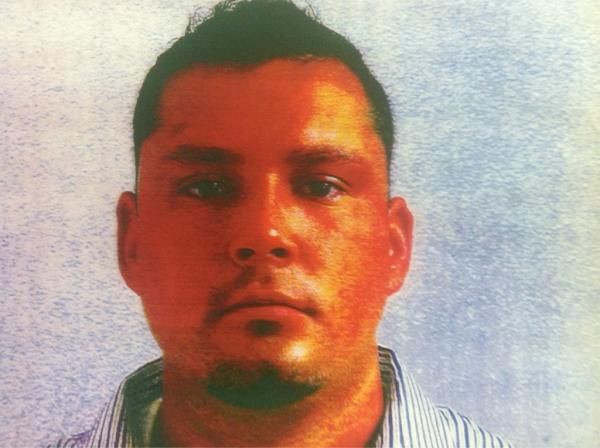David Kwiatkowski, Hospital Tech Who Infected Patients With Hepatitis C, Faces Up To 40 Years In Federal Prison

David Kwiatkowski, the former New Hampshire hospital technician who single-handedly launched a nationwide health scare earlier this year by deliberately infecting at least 32 people with hepatitis C, is scheduled on Monday to appear before a federal judge and receive a sentence that may land him in prison for the remainder of his life.
The 34-year-old admitted in August to knowingly contaminating stolen syringes with his own infected blood on at least 100 occasions between 2002 and 2012. According to the prosecution’s complaint, he would inject himself with the syringes, refill them with saline, and return them for hospital use. Kwiatkowski later plead guilty to obtaining controlled substances by fraud and tampering with a consumer product, Reuters reported.
The prosecution seeks the maximum punishment of 40 years in federal prison. Kwiatkowski, they argue, endangered the lives of patients in eight states by exposing them to the chronic liver disease. "The defendant continued this reckless conduct with full knowledge that he had hepatitis C and that he was, by his own admission, 'going to kill a lot of people out of this,'" the prosecutors wrote, referring to a plea agreement in which Kwiatkowski described his own actions.
Although Kwiatkowski’s defense does not dispute any of this, his attorneys have asked U.S. District Judge Joseph Laplante to consider his early confession and cut the sentence down to 30 years. "While Kwiatkowski initially denied involvement in the offense, he confessed to the crime before his first court appearance, when he admitted that he knew that he was infected with hepatitis C and did not try to blame anyone else for his conduct," they wrote in a court filing, adding that the admission also spared the state the expense of a trial.
Speaking to the Associated Press, testifying victim Linda Ficken, 71, said either sentence would be too short. Aside from infecting her with an incurable disease, Kwiatkowski actions will keep her from donating bone marrow to her brother, who was diagnosed with leukemia two weeks ago. While siblings are typically the best donors, Ficken has not gotten tested, as her hepatitis C infection precludes her from the procedure. "I couldn't handle it if I was the match and couldn't donate," she told reporters. "To me, this is more critical than what I'm going through because his situation is immediate."
According to the Mayo Clinic, hepatitis C is generally considered the most serious of the hepatitis viruses. The disease, which attacks the liver, is characterized by fevers, fatigue, nausea, jaundice, and muscle ache. However, the infection is often asymptomatic, and may go unnoticed for decades.



























